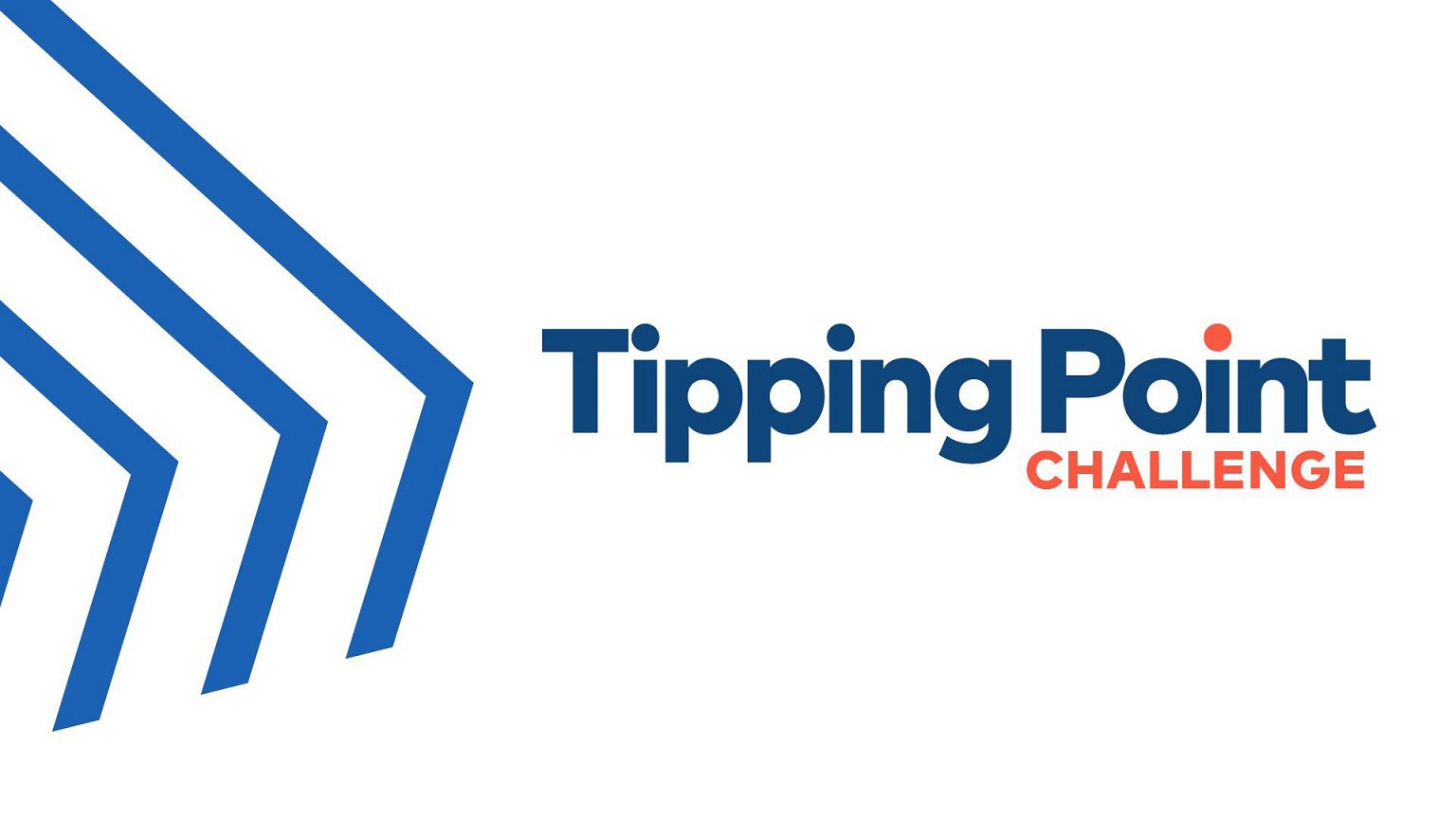How One Organization is Meeting the Tipping Point Challenge
As we are well into 2019, CAPC's twentieth anniversary year, we are excited to be sharing inspiration for participation about our The John A. Hartford Foundation Tipping Point Challenge, an innovation and quality improvement competition to catalyze the spread of core palliative care skills. With the goal of increasing palliative care access, CAPC aims to ensure that all clinicians and organizations caring for patients living with a serious illness have the skills and systems to provide better care to this patient population. This applies to palliative care specialists and non-palliative care specialists alike.

Staff across all member organizations are automatically entered into the challenge, and are eligible to win awards for their organization, and individually. To participate, you just need to keep taking CAPC's online clinical training courses, and encourage your colleagues to do the same.
To provide inspiration, one organization, Butler Health System (Butler), shared how they are encouraging participation and driving change within their organization.
__________________________________________________________________________
CAPC: Thank you for sharing what your palliative care team has done thus far to spread the word about The Tipping Point Challenge, within and beyond the palliative care team. What inspired you to encourage those across your organization to meet the challenge, and take CAPC's online courses?
Butler: We'll start off by saying that we were inspired by CAPC's campaign, as well as a recent survey in the New England Journal of Medicine (NEJM) Catalyst, which identified a substantial need for education in palliative care for primary care physicians. That, paired with the fact that there remains concern for the shortage of palliative care providers in the future. To us, the culmination of these factors make an educational mission imperative for the health and sustainability of an existing or developing palliative care program.
CAPC: How has the Tipping Point Challenge helped this need?
Butler: CAPC's educational incentive, with the purpose of encouraging utilization of educational resources on your website to promote education in palliative care, answers the needs outlined in the NEJM Catalyst survey. Our palliative care team at Butler determined that this was an excellent opportunity to improve palliative care knowledge within the health system, and with that, we set off to spread the word.

CAPC: We're so glad to hear it. What steps did you take to promote and improve palliative care education within your health system, beyond the palliative care team?
Butler: As members of CAPC since 2015, we knew there were innumerable resources at our fingertips, but we recognized an underutilization of the website and its educational modules across our health system. Whether our colleagues were unaware that they had free membership through our organization, or felt that the courses didn't apply to them, the Tipping Point Challenge provided us with the tools and incentives to change this trend.
In order to engage clinicians and staff, we used various methods to promote this initiative:
- First, we secured buy-in from hospital administration, and physician and nursing leadership
- After discussing further with the education department, the modules were added to our organization's intranet (“Net Learning” system) for nurses, physicians, APPs, case managers, and social workers. Some modules were mandatory, while others were highly recommended
- Completion of courses and designation statuses were incentivized with a pizza party for the department with the highest number of courses completed (we're still competing for this!)
- We continued advertisement of this initiative by presenting at several department meetings and sending email blasts to health system staff
CAPC: That sounds like a great plan. How have non-palliative care clinicians responded to your efforts, and the Tipping Point Challenge, overall?
Butler: Feedback has been overwhelmingly positive across the board. Participants across the health system are enjoying the interactive online learning while acquiring CMEs, CEUs, and ABIM MOC points (the latter for physicians).
Through the collaboration of health system leadership including administration, nursing, and physicians, Butler's utilization of CAPC's educational resources has surged. (We can track this through the monthly reporting that we receive from CAPC member services.) Utilization is projected to increase twenty-fold by the end of 2019. We are hopeful that this education brings a larger scale understanding and practice of palliative care in our health system and beyond.
__________________________________________________________________________
Popular Courses Among CAPC Members
Whether you are a member of a palliative care team or from a different discipline, we recommend taking the following courses, all of which count toward your organization's participation the Tipping Point Challenge. If you've already taken the below, click here to identify others that you haven't yet completed.
Pain Management (all)
- Comprehensive Pain Assessment
- Matching the Drug Class to the Pain
- Assessing Risk for Opioid Substance Use Disorder
Symptom Management (all)
Communication Skills (all)
Best Practices in Dementia Care (all)
- Discussing Your Patient's Dementia Prognosis
- Communicating About What to Expect as Dementia Progresses
... and many more.